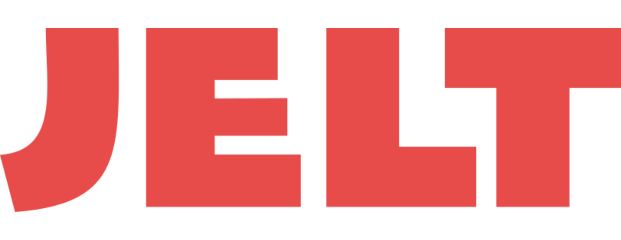The more scientific and technological development brings the machine closer to artificial thinking, if not even to thinking tout court, the more the processor is transformed from a calculator, capable of mere arithmetic operations, to a device capable of simulating the functioning of the brain and its learning neuronal functions. And in the meantime, as more and more refined devices are being built, the focus of which is, in particular, on those dimensions aimed at guiding decisions and inducing behavior, a massive debate is being activated on machine intelligence, on mental processes freed from the body, as well as on the need both to prepare appropriate regulations and to draw insurmountable ethical limits, without thereby hindering innovation. On the other hand, at the moment when the boundary between natural and artificial becomes rarefied to the point of evanescence, it is at that same moment that the human species gradually transforms, evolving (or perhaps involuting) into something manufactured (fabricated). Perhaps the interaction with the machine will not always give a similar feeling to that which one would have with something alive, it is certain, however, that AI will continue to develop, with all the implications and legal and ethical consequences that come with it. Hence, what future awaits human nature?
IA e diritto. In luogo di una introduzione
Abstract
Keywords
Download
Amato Mangiameli A. C. (2023) "IA e diritto. In luogo di una introduzione
", Journal of Ethics and Legal Technologies, 5(2), 81-94. DOI: 10.14658/pupj-JELT-2023-2-5
Year of Publication
2023
Journal
Journal of Ethics and Legal Technologies
Volume
5
Issue Number
2
Start Page
81
Last Page
94
Date Published
11/2023
ISSN Number
2612-4920
Serial Article Number
5
DOI
10.14658/pupj-JELT-2023-2-5
Issue
Section
Articles

 © 2026 Padova University Press - Università degli Studi di Padova
© 2026 Padova University Press - Università degli Studi di Padova